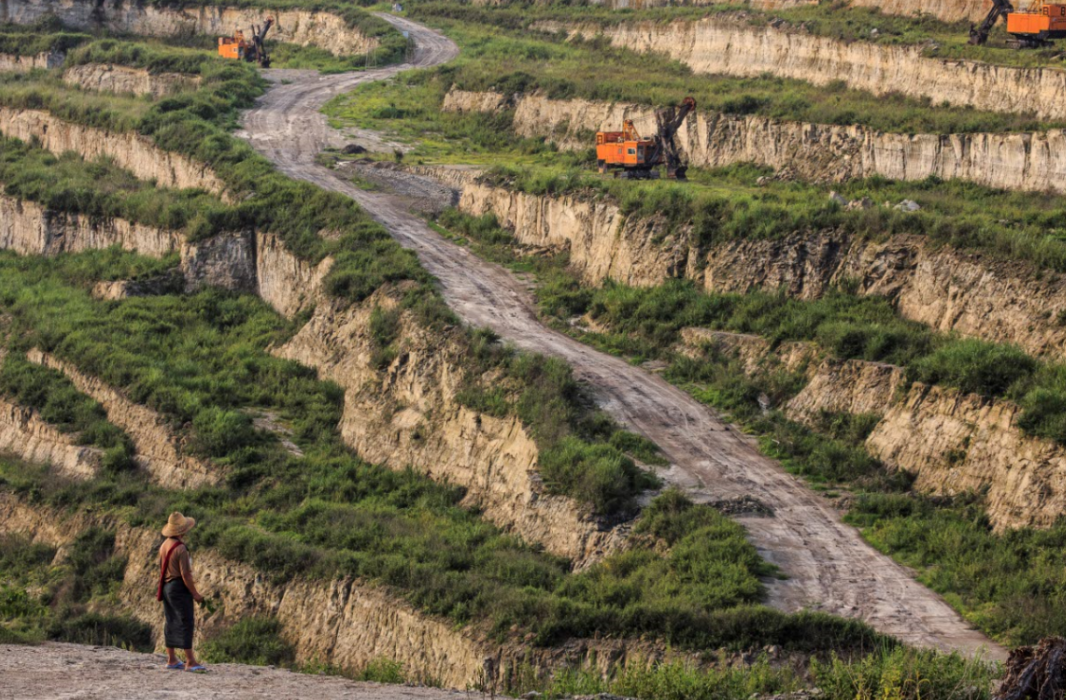
Podcast: NRGI’s Sebastian Sahla Discusses Mining in Myanmar with Austrade
I recently sat down with Jeff Turner, Austrade’s senior trade commissioner in Myanmar, to discuss developments in the country’s mining sector. Our conversation focused on Myanmar’s challenges in attracting foreign investment to generate government revenue while ensuring the sector’s environmental and social impacts are properly managed. You can listen to the full recording here.
Key points from our discussion:
- Myanmar’s mining sector has potential but is currently underdeveloped. Myanmar has significant geological potential, but the country has attracted few large-scale mining companies to date. As a result, the sector generates little government revenue. However, this could change. International interest is growing, including at the Bawdwin mine, which is potentially one of the world’s largest base and precious metals mines.
- Reforms are urgently needed, especially around how the government issues licenses. Licensing is opaque and complex, creating the risk of delays and corruption. There is growing recognition in government of the need for reform. The cadaster, which is currently being developed, could help to make licensing more efficient and transparent. But implementing reforms can be difficult due to capacity gaps and coordination issues within government.
- Myanmar sees few benefits from its multi-billion-dollar jade industry. Myanmar’s jade sector is worth billions of dollars each year. However, tax evasion and smuggling means that only a fraction of this value ends up with the government while local communities suffer from environmental and social impacts. This has implications for investors across the mining industry: communities associate mining with irresponsible practices and often distrust companies claiming to uphold international standards.
- Unlike elsewhere in the region, resource nationalism is not a big issue in Myanmar yet. Countries like Indonesia or the Philippines have long-standing mining sectors with well-established large-scale investors. In these countries there are discussions around how to maximize the sector’s contribution to the local economy. In Myanmar these discussions are less advanced. Myanmar is still trying to figure out how to attract investors in the first place.
- Mining investors in Myanmar should apply international standards. In order to operate responsibly and successfully, mining companies should apply international best practices rather than just following local laws, which are often inadequate. Companies should engage proactively with a broad set of standards, promote transparency and ensure they have strong anti-corruption policies in place.
 Photo by Suthep Kritsanavarin for NRGI
Photo by Suthep Kritsanavarin for NRGI
